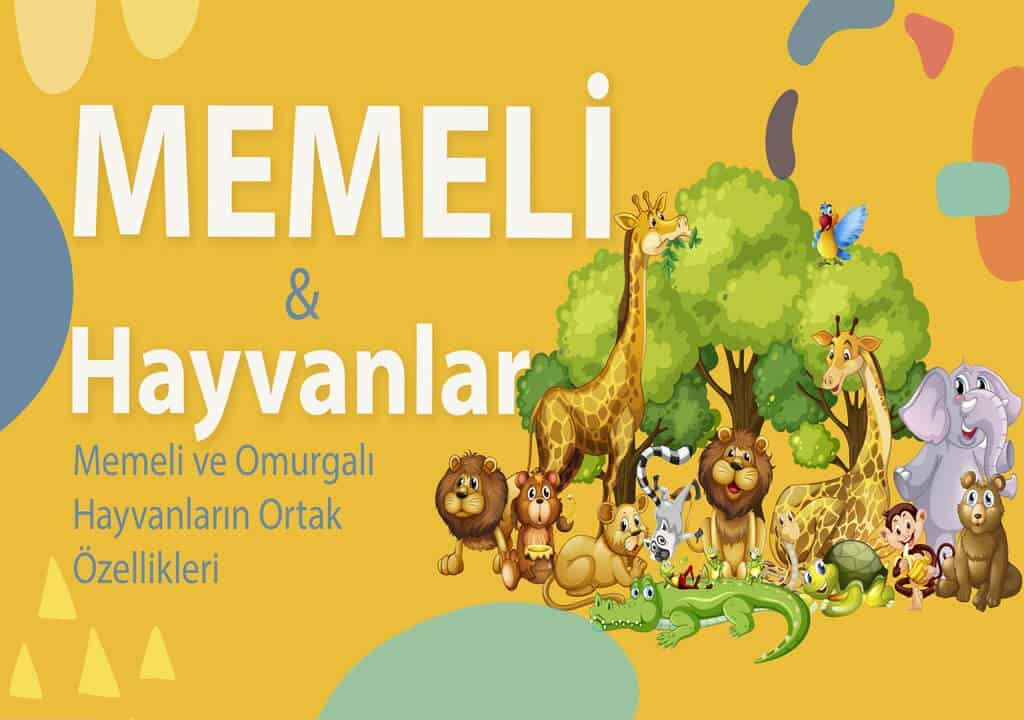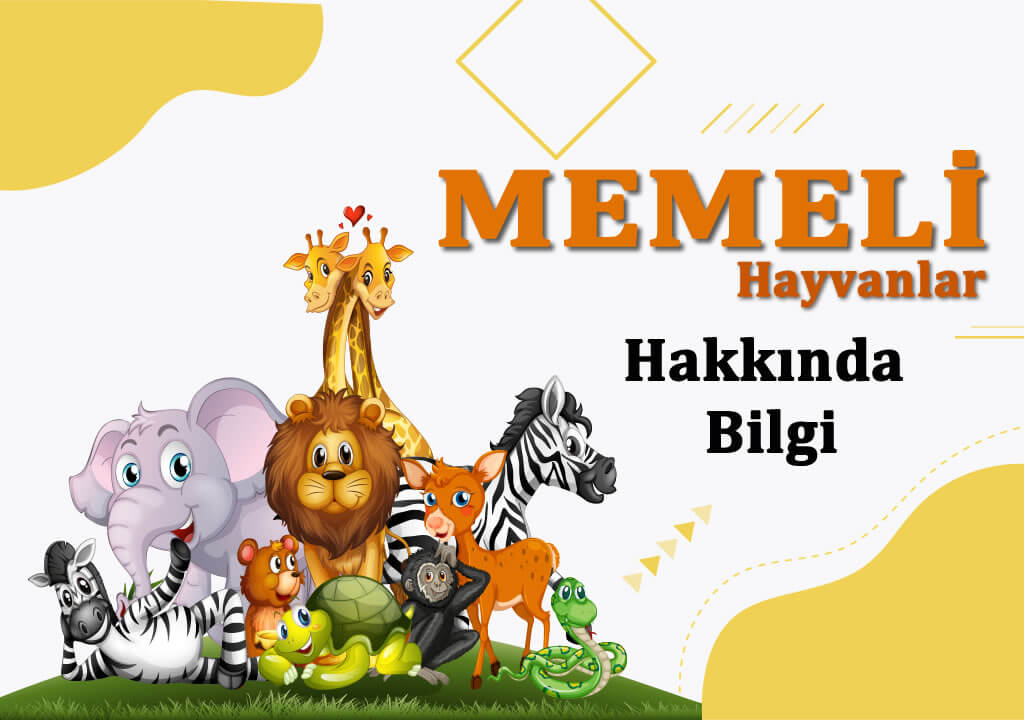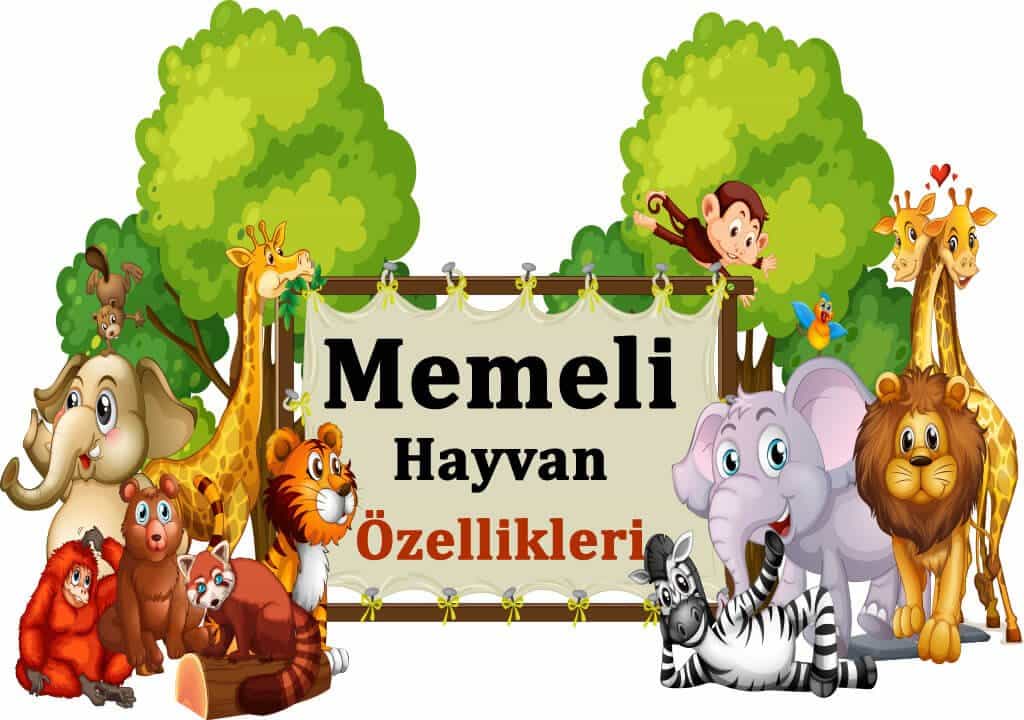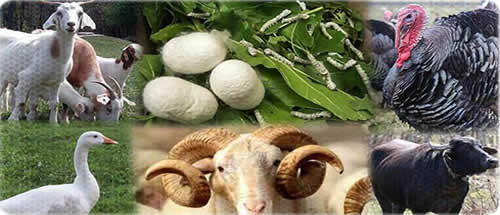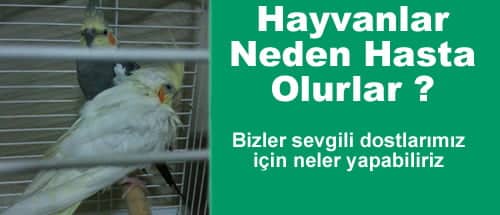Blog
Is It Religiously Suitable To Have Pets?
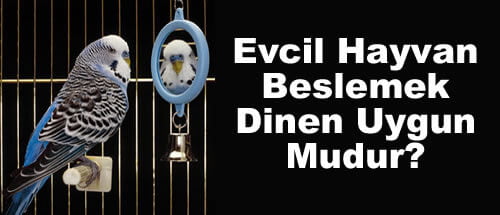
Religion is a way of life. Religionis a practice, as most of us would agree. Religion is to benefit society, to do good and useful works and to live with love. It is debatable what makes a person religious, but what most of us will accept is love. It means to respect and love the universe, people and all creatures created by Allah.

According to what should it be evaluated?
We agree that pets are created by Allah. Therefore, being respectful and loving towards them will make us religious. But one of the important things in religion is how we act rather than what something is. As the Prophet said, superiority is in action. In this respect, what should be focused on is what we do with the pets rather than the breeds. As everyone will admit, in religion, things that are beneficial to us are rewards, and things that harm us are haram. For this reason, the main issue is whether our desire to keep a petwill harm us.

Which Animals Under Which Conditions?
Logically, keeping a crocodile at home is risky as it may pose a danger to humans, but it will not do any harm to keep a mouse or a bird at home. But the conditions under which we look at them are more important. For example, if the conditions to keep ourselves alive are more than enough, of course, a pet can be kept. For example, the financial situation, the structure of the house, the temperature of the atmosphere, etc. However, if a bird that makes a loud noise, such as the neighbors will be disturbed, will cause discomfort, that is, it may be a disrespect to the society. For example, it would not be right to look at a noisy parrot that the sick neighbor does not want. Or in a house where you do not have a garden, or if you take care of a rabbit that you will not allow to roam in the house, it would be cruelty to the rabbit. In this respect, it is very important which pet you take care of under which conditions.

What’s In The Qur’an
Of course, the Qur’an has a great religious significance. When we look at the verses about animals, it is written that animals are made lawful for us (5:1) and that they benefit us (6:142 / 16:5) that we should take care of them (20:54) and that we can take lessons from them (16:66).









